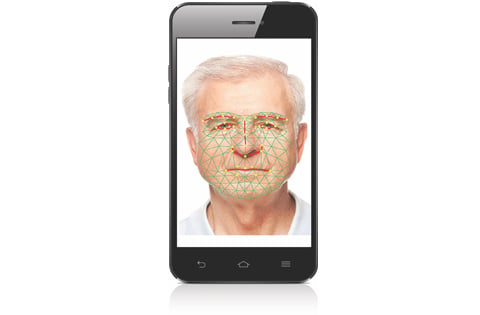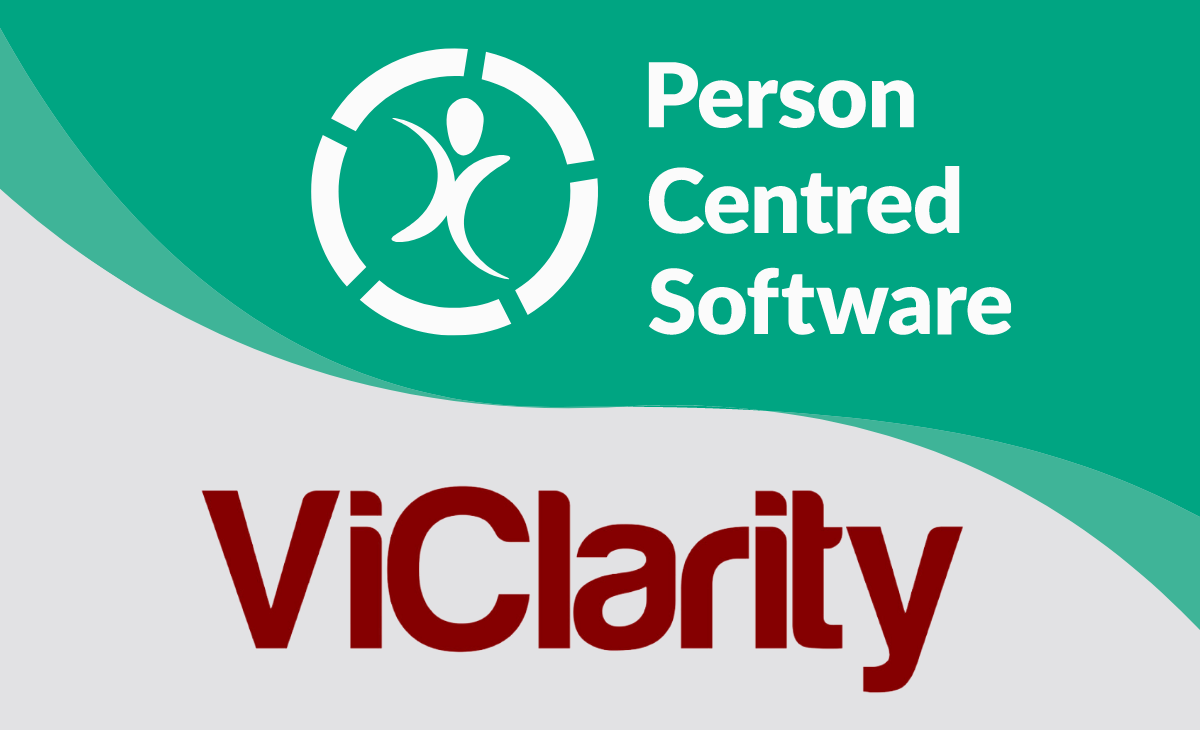
Published in Care Home Professional
Unique facial analysis technology which enables care workers and clinicians to identify and manage pain in dementia and cognitively impaired patients who struggle to communicate, has officially launched in the UK.
PainChek® is the world’s first intelligent pain assessment tool that uses artificial intelligence to analyse micro-facial expressions indicative of pain to enable carers and healthcare professionals to identify the presence of pain when pain isn’t obvious; to quantify the severity; and, to monitor the impact of treatment to optimise and evidence overall quality of care.
A smartphone-based medical device that is available on the Apple App Store and Google Play, PainChek® is operated at the point of care. World Health Organisation (WHO) says it is a human right to have pain managed, and as PainChek® provides a voice to those people living with dementia that are not able to self-report pain, it places a regulatory approved medical device in the pockets of UK carers and healthcare professionals.
PainChek® uses AI technology to overcome the problem of people living with dementia that cannot say they are in pain, and has additional assessment domains that provide further evidence. This means all indicators of pain are taken into account in identifying the level of pain, and a profile of the ‘pain burden’ can be easily seen and monitored in the cloud.
In the UK, dementia affects around 850,000 people and is the country’s biggest killer. Currently, there are approximately 18,000 UK care homes with 540,000 residential care beds, with around 70% of residents having dementia or memory problems, 80% of whom suffer pain at any one time, and 50% experience persistent pain. With a new diagnosis of dementia every three minutes in the UK and the prevalence set to double in the next 20 years, it poses a real challenge to the social care workforce.
Pete Shergill, PainChek® UK&I Country Director, explains: “Sadly, so many of our most vulnerable in society experience chronic or acute pain, but this often goes undetected and under-treated in people with communication difficulties from medical conditions such as dementia. It is a daily challenge for carers and healthcare professionals to assess pain in non-communicative individuals. Often pain goes undetected or untreated, which can lead to unnecessary prescribing, behavioural and psychological issues and decreased quality of life.
“Unique in the UK, PainChek® is a quick, easy-to-use solution to measuring pain in care home residents, documenting checks, and allowing informed clinical decisions to be made for effective pain management. It represents a game-changer for the UK in the way it manages pain in people living with dementia and there can be no doubt as to the tangible improvement in quality of live for our ageing population.”
The company’s Chief Scientific Officer, Professor Hughes, says the main goal and purpose of PainChek® is to give a voice to people who cannot verbalise their pain: “Pain amongst people living with dementia is very common, with at least 50% regularly experiencing pain and accurate pain assessment is the cornerstone to optimal pain management.”
PainChek® Senior Research Scientist, Associate Professor Kreshnik Hoti, adds: “Pain causes significant distress and discomfort for everyone, and for people living with dementia, untreated pain is a significant problem that affects their quality of life and behaviour as they’re unable to communicate their pain. As a pain assessment solution, PainChek® provides healthcare practitioners with a valid, reliable and accurate means of assessing pain.”
PainChek® is available for download – subject to a user enterprise licence - on the Apple App Store and Google Play, and can be operated via any compatible smart device at the point of care. For further information, visit: https://painchek.com/uk/
Care Home of the Future
In tandem with its UK launch, PainChek® has partnered with three other leading technology providers to launch the ‘Care Home of the Future’ campaign to raise awareness of the benefits of going digital amongst care home owners and staff.
Commenting on the initiative, Chief Executive of Care England Professor Martin Green says: “The care home of the future will be one that is enabled by technology, and this will improve outcomes for the people in care homes, and it will lift many of the administrative burdens from the staff team, enabling them to focus on the quality of care. Technology will also play a vital part in enabling people in care homes to live as independently as possible and to have choice and control over many more aspects of their lives.
“I believe care providers should embrace the digital revolution because it will provide better outcomes for the people they serve and deliver much more efficient administration. This in turn will improve productivity, enable staff to focus on the interaction with residents, and technology will also provide a robust audit trail of activities and interventions, as well as deliver significant amounts of data that will improve the planning and development process.”







.webp?width=80&height=80&name=HTD%20Awards%202023%20Badge%20(4).webp)














